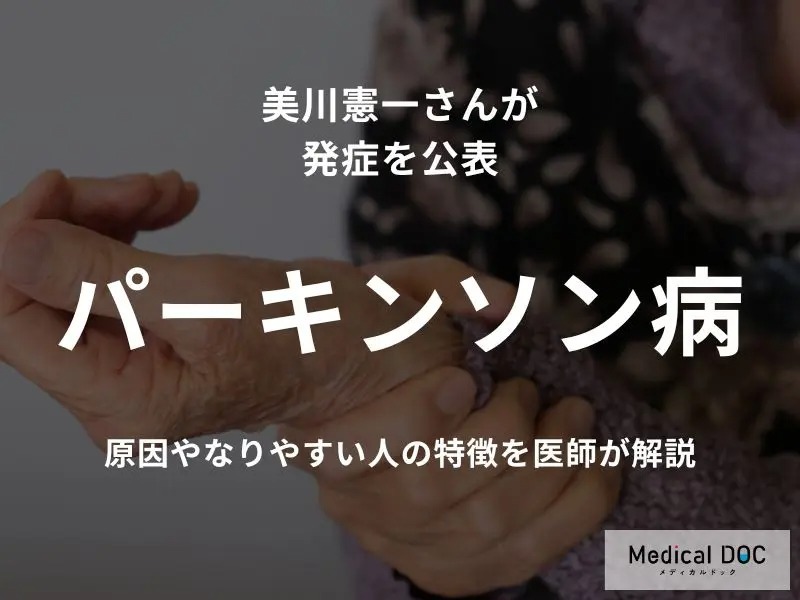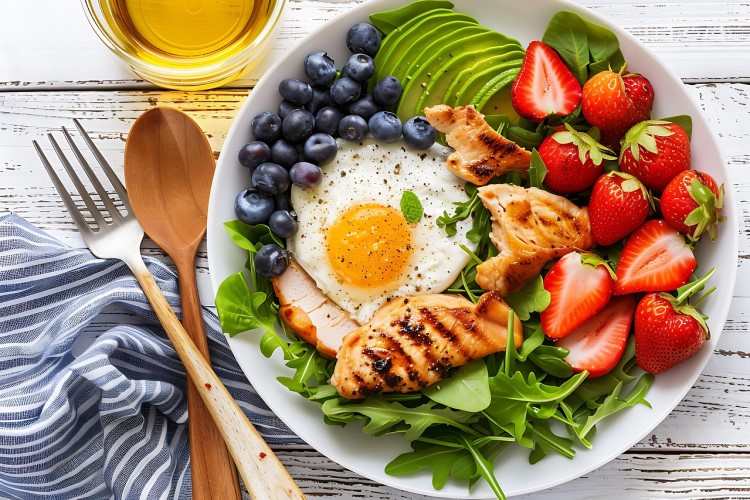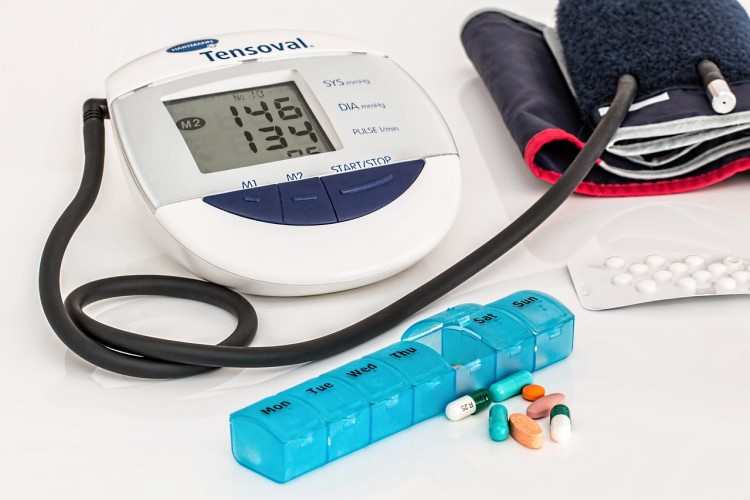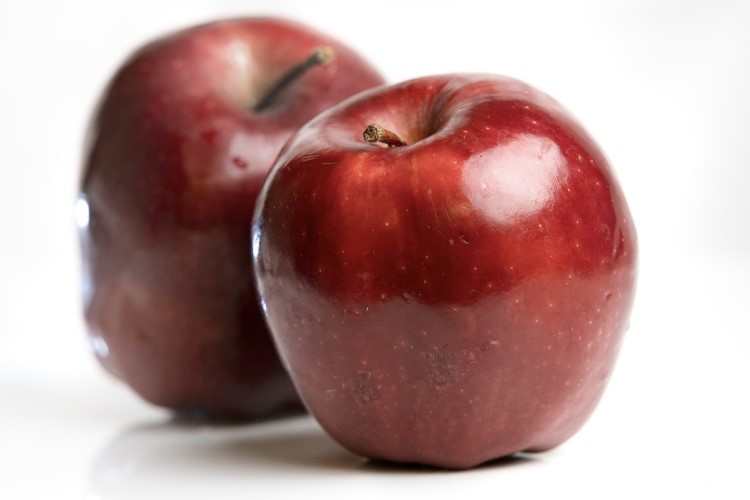- CONTACT US
- AFS
- Business
- Bussiness
- Car
- Career
- Celebrity
- Digital Products
- Education
- Entertainment
- Fashion
- Film
- Food
- Fun
- Games
- General Health
- Health
- Health Awareness
- Healthy
- Healthy Lifestyle
- History Facts
- Household Appliances
- Internet
- Investment
- Law
- Lifestyle
- Loans&Mortgages
- Luxury Life Style
- movie
- Music
- Nature
- News
- Pet
- Plant
- Politics
- Recommends
- Science
- Self-care
- services
- Smart Phone
- Sports
- Style
- Technology
- tire
- Travel
- US
- World
- エンタメ
- スポーツ
- 科学
- 経済

You've probably seen vitamin E mentioned in anti-aging or antioxidant skincare advertisements. So, does Vitamin E actually provide these advantages?
Research has shown that vitamin E is a very good antioxidant. It works with other antioxidants and enzymes to shield cells against reactive oxygen/nitrogen species. Vitamin E fights aging with skin health by boosting collagen synthesis, preventing its degradation; hence featured in beauty routines.
Recent research shows that vitamin E modulates platelet aggregation, prevents thrombosis, protects vascular endothelium; has anti-inflammatory, neuroprotective effects and aids menopausal women on standard hormone therapy.
However, its cancer-preventing properties are still under debate. Some research indicates that vitamin E lowers cancer risk, but other studies have associated vitamin E intake with higher prostate cancer risk in men. Studies also show that vitamin E supplements can reduce stroke risk by 10%, but increase severe cerebral hemorrhage chances. Despite conflicting results, be careful.
Regardless, "vitamin E deficiency" is something you've probably only heard about once in a blue moon.
If humans can't make my Vitamin E, why is deficiency rare?
That's because Vitamin E is found in many food sources. A balanced diet will easily suffice.
The NIH states that people 14+ years old require 15mg/day. Regular cooking oils — sunflower, canola, soybean, and wheat germ oil — all contain vitamin E. Daily consumption of oils adds up to a common average (25ml or ~20g), meaning wheat germ oil alone gives 34.3mg and more than twice as RDA. You can meet longevity standards without additional efforts.
Additionally, add nuts for assurance: 54g almonds (~10 pieces) or 63g walnuts (~20 kernels and along with normal oil consumption) meet the 15mg daily requirement.
If deficiency still arises, it is likely due to fat metabolism disorders or cholangitis — see a doctor for evaluation.
Important: Over-supplementation can be toxic. Some claims purport cardiovascular protection or cancer prevention with megadoses—ignore these.
While the anticancer nature of vitamin E is still under investigation — excess intake definitely harms. Japanese research showed that too much vitamin E causes cancer and heart disease. Research from JAMA, over a period of 7 years warned high doses for those with cardiovascular disease or diabetes. Taking 400–800mg/day would lead to nausea, vomiting, dizziness, headache, blurred vision, cracked skin symptoms: gastrointestinal or breast enlargement issues.
 Footwear and Health: Picking the Proper Shoes
Footwear and Health: Picking the Proper Shoes Skin Cleansing the Right Way: Avoid Over-cleansing
Skin Cleansing the Right Way: Avoid Over-cleansing How to Protect Your Family from Infectious Outbreaks in Fall and Winter?
How to Protect Your Family from Infectious Outbreaks in Fall and Winter? Sleep: What Are the Minimum and Maximum Requirements?
Sleep: What Are the Minimum and Maximum Requirements? The difference between family health management and disease management
The difference between family health management and disease management How to supplement probiotics to improve gut microbiota?
How to supplement probiotics to improve gut microbiota? How to Select Ergonomic Chairs for Lumbar Spine Protection
How to Select Ergonomic Chairs for Lumbar Spine Protection Health Check: Weekly Average Step Count and Distribution
Health Check: Weekly Average Step Count and Distribution How to Pick Cervical Spine Support Tools
How to Pick Cervical Spine Support Tools












